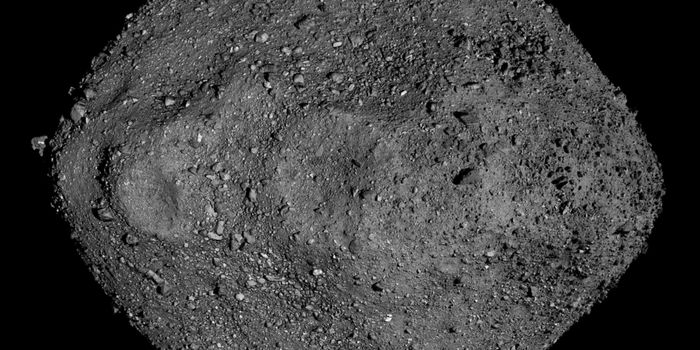Following Sept. Explosion, SpaceX to Start Launching Rockets Again Dec. 16?

At the beginning of September, SpaceX experienced a catastrophic explosion of one of its Falcon 9 rockets on the launch pad before the rocket could even fire its engines.
An investigation into the matter, involing some of the highest officials from SpaceX, NASA, the United States Airforce, and many others, has yielded faulty helium tanks as a possible cause for the explosion. Nevertheless, the root cause is still a bit hazy.
In case you missed the giant explosion, here's what it looked like:
Regardless, there was a lot of worry that the destruction of the SpaceX launch pad could delay rocket launches for quite a while – up to 12 months. But on the more fortunate side of things, it looks like the commercial space company is ahead of schedule and will attempt another rocket launch on December 16th.
At this point in time, the Cape Canaveral launch pad in Florida is still damaged, so SpaceX won’t be using that launch pad any time soon. Instead, they are requesting regulatory approval from the Federal Aviation Administration to launch a Falcon 9 rocket from the Vandenberg Air Force Base in California.
The rocket, which is expected to launch on December 16th assuming approval goes through as expected, would be carrying 10 smaller-sized satellites for a firm known as Iridium Communications, Inc.
Iridium Communications, Inc. is reportedly a big customer of SpaceX’s as well, as it seems they’ve lined up plans to launch as many as 70 satellites over the source of seven months in the future.
SpaceX is also responsible for taking important cargo into space for NASA, as they often resupply the International Space Station with food and experiments for the crew that stays on the Earth-orbiting space lab.
With so much of the company’s plans riding on the Federal Aviation Administration’s approval, you can bet SpaceX is hoping for the fastest possible positive outcome.
It’s worth noting that most space companies have a 9 to 12-month grace period between catastrophic launch failures, so SpaceX’s turnaround time of just 3 months would set a precedent in recovery speed.
It should be interesting to see if SpaceX's next launch will be a successful one.
Source: The Verge








